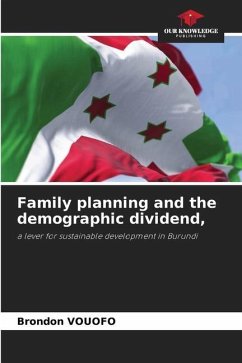
How Linguistic Features and Social Arrangements Can Interrelate
The position of Swahili and its speakers in Bujumbura placed in a historical context
Versandkostenfrei!
Versandfertig in 6-10 Tagen
30,99 €
inkl. MwSt.

PAYBACK Punkte
15 °P sammeln!
Within the sociology of language, academics are practising interdisciplinarity by combining the study of social structure and language use, i.e. they focus on the interplay of language and society. This article tries to deal with the problem of how linguistic features and social arrangements interrelate by using the example of Swahili and its speakers in Bujumbura - the capital of Burundi. It shows that the Swahili language and its speakers in Bujumbura have experienced simultaneous changing appreciations during history. It also states that changes in sociolinguistic patterns reflect social an...
Within the sociology of language, academics are practising interdisciplinarity by combining the study of social structure and language use, i.e. they focus on the interplay of language and society. This article tries to deal with the problem of how linguistic features and social arrangements interrelate by using the example of Swahili and its speakers in Bujumbura - the capital of Burundi. It shows that the Swahili language and its speakers in Bujumbura have experienced simultaneous changing appreciations during history. It also states that changes in sociolinguistic patterns reflect social and political changes and pressures.












